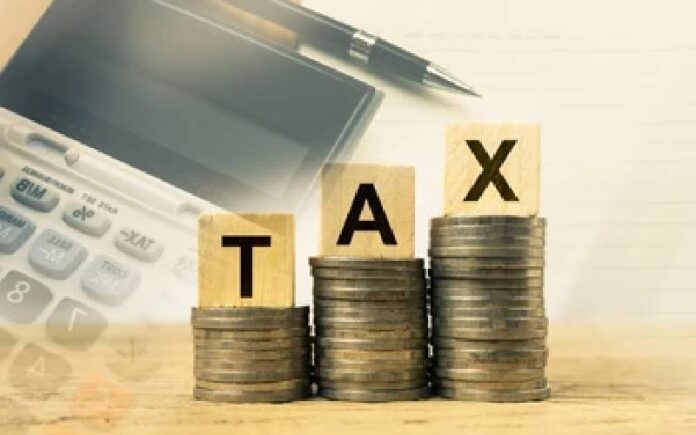- Approximately 40% of development funds are lost through commissions and irregular practices, says PIDE VC
The World Bank has called Pakistan’s tax system unfair and urged the inclusion of property in the tax net to reduce the burden on the salaried class, emphasising accurate documentation and fair taxation of properties across the country.
According to media reports, addressing a session titled “Charting Pakistan’s Fiscal Trajectory: Enhancing Transparency & Trust” at a conference organised by the Pakistan Institute of Development Economics (PIDE), Tobias Haque, the World Bank’s lead country economist, highlighted the urgent need to broaden the tax base.
Haque called it “absurd” that only five million Pakistanis file tax returns in a country of 240 million, relying instead on the regressive General Sales Tax (GST) for significant revenue.
The World Bank further recommended rationalising tariff structures, cautioning that while current tariffs might offer short-term revenue gains, they harm long-term financial stability.
Nadeem Javaid, Vice Chancellor of PIDE, pointed to significant leakage in development expenditure, estimating that approximately 40% of funds are lost through commissions and irregular practices. He mentioned that no financial bill clears without commissions of 5% to 7% paid to officials, calling it an open secret.
Ali Salman, Executive Director of the Policy Research Institute of Market Economy (PRIME), stressed the need to simplify withholding taxes. He pointed out that among the existing 88 withholding taxes, 45 generate less than Rs1 billion each annually, despite the Federal Board of Revenue (FBR) collecting around Rs1.2 trillion annually through withholding mechanisms.
Panellists agreed on the importance of fully digitising Pakistan’s tax infrastructure but noted political resistance, outdated legal frameworks, and lack of institutional coordination as major obstacles. They recommended real-time data integration, automated processes, and modernised labour laws to strengthen tax administration.
Participants highlighted growing public distrust in the tax system, driven by inconsistent policies, inadequate transparency, and disproportionate burdens on compliant taxpayers. They emphasized that rebuilding taxpayer confidence would require simpler tax rules, greater transparency, and digitised tax processes.
Haque also praised the introduction of the Agriculture Income Tax (AIT) by provincial governments, calling it a positive step toward achieving fairness and equity in Pakistan’s taxation framework.























